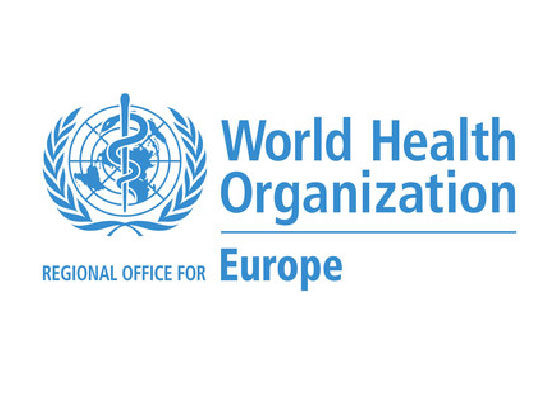This event is closed. For more information, visit WHO/Europe.
Mental health conditions exacerbated by the pandemic Mental health conditions, one of the leading causes of suffering and disability in the European Region, have burgeoned during the COVID-19 pandemic. Everyone’s mental health has been affected in some way, whether as a result of the worry about becoming infected, or the stress brought about by measures such as lockdown, self-isolation and quarantine, or linked with foregone employment, income, education or social participation. At the level of the overall population, a clear increase in levels of anxiety and stress has been observed, with several surveys showing that around a third of adults is reporting levels of distress. Among younger people, that figure goes up to as much as 1 in every 2 people. Specific groups in the population that have been put at particular risk as a result of impeded access to mental health services, diminished social connectedness or restricted economic activity include migrant and refugee populations, people experiencing homelessness, children and adolescents out of school, newly unemployed workers, older adults confined to their place of residence, as well as people with pre-existing mental health conditions and psychosocial, cognitive or intellectual disabilities. As the pandemic continues, health and social care workers’ prolonged exposure to extremely stressful and potentially traumatic situations renders them particularly vulnerable to experiencing reduced mental and physical well-being and burnout. Identifying needs and strengthening mental health services Over the coming months, the Technical Advisory Group will review and synthesize available evidence from the population level, the policy and service level as well as the individual level, and highlight emergent needs and implications for the development of mental health services in the WHO European Region. The Group’s recommendations will feed into a mental health framework for action, which is to be presented to the WHO Regional Committee for Europe – WHO’s decision-making body in the Region – in September 2021. European Programme of Work Mental health was already identified as a key priority for WHO’s Regional Office for Europe, through the European Programme of Work, 2020–2025 “United Action for Better Health”. This strategic workplan was unanimously endorsed by WHO Member States in 2020, and it is the ambition of WHO/Europe to use the lessons of the past year to develop innovative and sustainable solutions to long-standing problems faced by mental health services and systems. Additionally, the launch of a mental health coalition later in 2021 will bring together countries of the European Region, as well as service users, providers and innovators, to mobilize investment in mental health and advocate for the reforms that are needed.
- This event has passed.
WHO-EUR TAG on mental health impacts of COVID-19

Carmen Valle-Trabadelo, Technical Advisor in the Psychosocial Centre and co-chair of the IASC Reference Group on Mental Health and Psychosocial Support in Emergency Settings, will be participating in this event.
